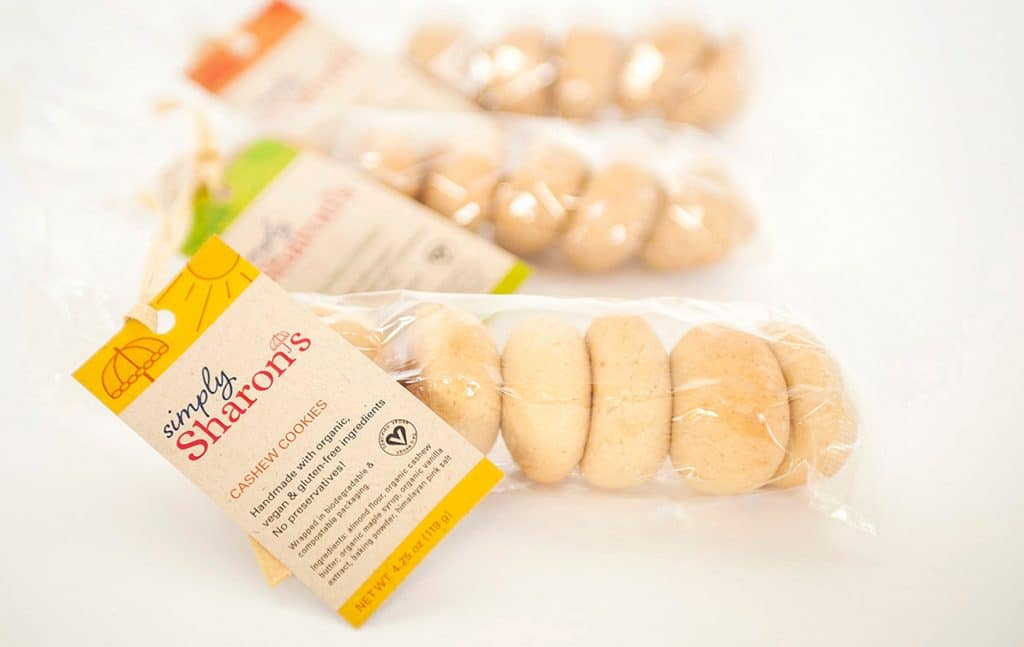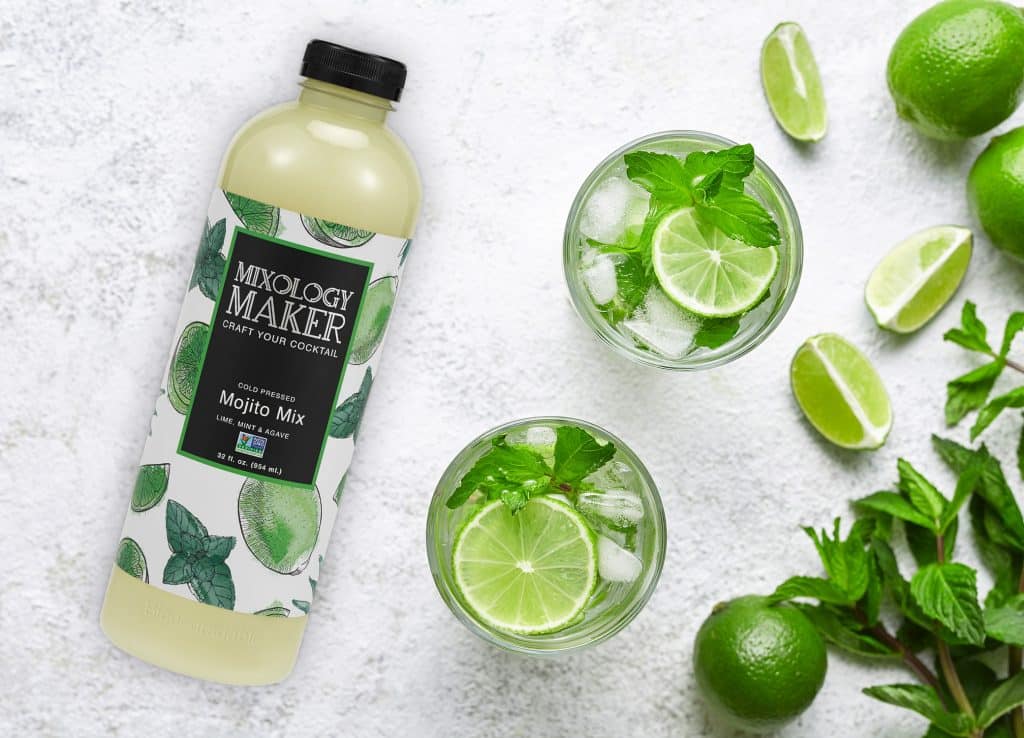Have you always dreamed of turning your love of food into a successful business venture? If you’re thinking of starting a food-based business, you’re not alone. Many entrepreneurs have started successful food-based businesses, from home cooks with secret family recipes to foodies with unique concepts. In fact, the specialty food industry is growing rapidly, with an estimated value of $158.4 billion in the United States alone. With the right combination of passion, creativity, and business savvy, you can turn your love of food into a thriving specialty food product business. In this blog post, we’ll explore some tips and examples for starting a food-based business for a specialty food product.
Step 1: Developing a Unique Concept for Your Food-Based Business

One of the first steps in starting a food-based business is developing a unique concept that sets you apart from competitors. This could involve creating a new product, such as a gluten-free baking mix or a plant-based snack, or offering a new twist on an existing product, such as a gourmet popcorn line or a range of artisanal sauces. The key is to identify a gap in the market and fill it with a product that meets the needs and preferences of your target audience.
For example, Fat Toad Farm, a Vermont-based goat dairy, created a unique line of goat milk caramel sauces using traditional Mexican methods. Their products are now sold in stores nationwide and have won numerous awards for their unique and high-quality taste.
Step 2: Creating a High-Quality Product for Your Food-Based Business
Once you have a concept in mind, it’s important to focus on creating a high-quality product that meets your customers’ expectations. This could involve sourcing premium ingredients, testing recipes and production methods, and investing in equipment and facilities that meet industry standards. It’s also important to ensure that your product meets all relevant food safety and labeling regulations.
For example, Brooklyn Delhi, a New York-based food company, creates a range of Indian-inspired condiments using fresh ingredients and traditional techniques. Their products are made in small batches to ensure quality and safety, and they use only natural ingredients and recyclable packaging to appeal to their health-conscious target audience.
Step 3: Building a Strong Marketing and Sales Strategy

Marketing and sales are crucial components of starting a food-based business. It’s important to develop a brand identity that resonates with your target audience and to create a strong online presence through social media and e-commerce platforms. You may also want to consider attending trade shows and other industry events to showcase your products and connect with potential customers and partners.
For example, Just Date Syrup, a California-based company that creates natural sweeteners made from dates, built a strong online following by sharing recipes and health tips on social media. They also attend trade shows and partner with other health-conscious brands to expand their reach and appeal to a wider audience.
Step 4: Finding Funding for Your Food-Based Business
Starting a food-based business can be expensive, and it may be necessary to find outside funding to cover the costs of equipment, ingredients, and other expenses. There are many options for funding a food-based business, including loans, grants, and investment from friends, family, and other investors.
For example, Little Spoon, a New York-based baby food company, raised $7 million in funding from investors to expand their product line and reach new customers. They used the funding to invest in new production facilities, hire additional staff, and develop new marketing and sales strategies.
Step 5: Navigating the Legal and Regulatory Landscape
Starting a food-based business also involves navigating the complex legal and regulatory landscape of the food industry. It’s important to research and comply with all relevant regulations, including food safety, labeling, and packaging requirements. You may also want to consider working with a lawyer or consultant to ensure that your business is fully compliant and protected.
For example, Wholesome Wave, a nonprofit organization that works to improve access to healthy, locally grown food, offers legal and regulatory assistance to small and mid-sized food businesses. They help entrepreneurs navigate the legal landscape and comply with regulations, so that they can focus on growing their businesses.
Step 6: Finding Support and Resources for Your Food-Based Business
Starting a food-based business can be challenging, but there are many resources and organizations available to help entrepreneurs succeed. These may include local and national food business associations, mentorship programs, and industry-specific resources such as food incubators and accelerators.
For example, the Specialty Food Association is a national organization that offers resources, education, and networking opportunities to specialty food producers and retailers. They also host the annual Fancy Food Show, a trade event that brings together food industry professionals from around the world.
Putting it All Together: Launching Your Food-Based Business

Starting a food-based business for a specialty food product can be a challenging but rewarding venture. By developing a unique concept, creating a high-quality product, building a strong marketing and sales strategy, finding funding and support, and navigating the legal and regulatory landscape, you can turn your passion for food into a successful business. With dedication, hard work, and a bit of luck, your food-based business could be the next big thing in the world of specialty food products. Check out our food packaging design guide for more resources.
Ready to Develop Your Branding & Packaging?
At Crème de Mint, a CPG packaging design agency, we love helping specialty food product businesses succeed. We’ve helped many food brands with their branding and packaging and would enjoy the opportunity to help you with yours.



